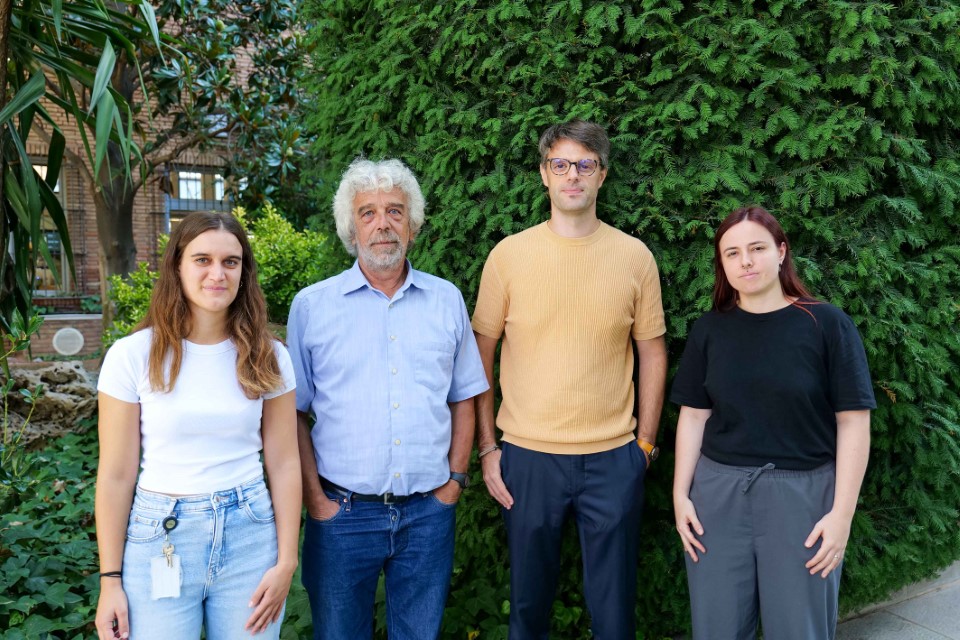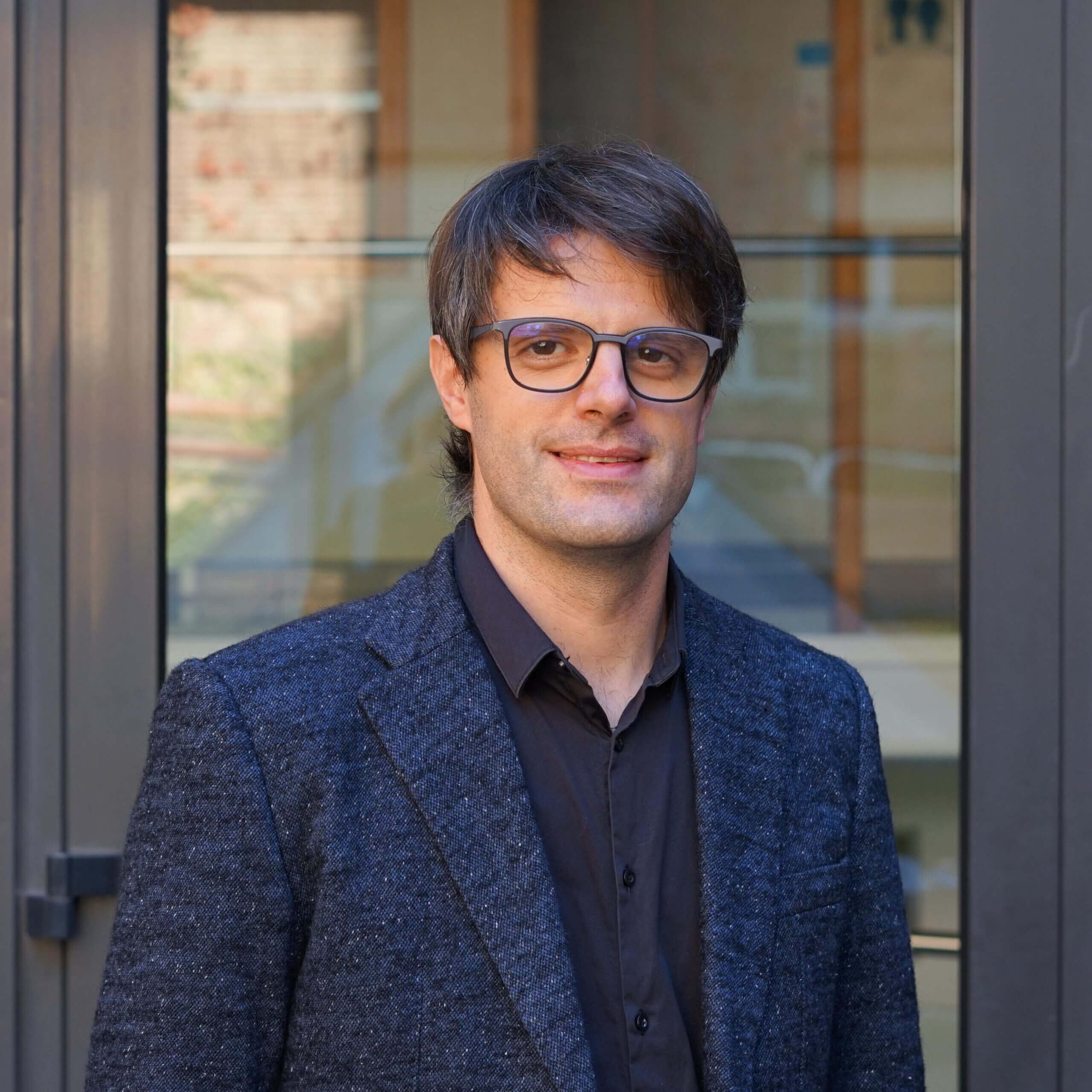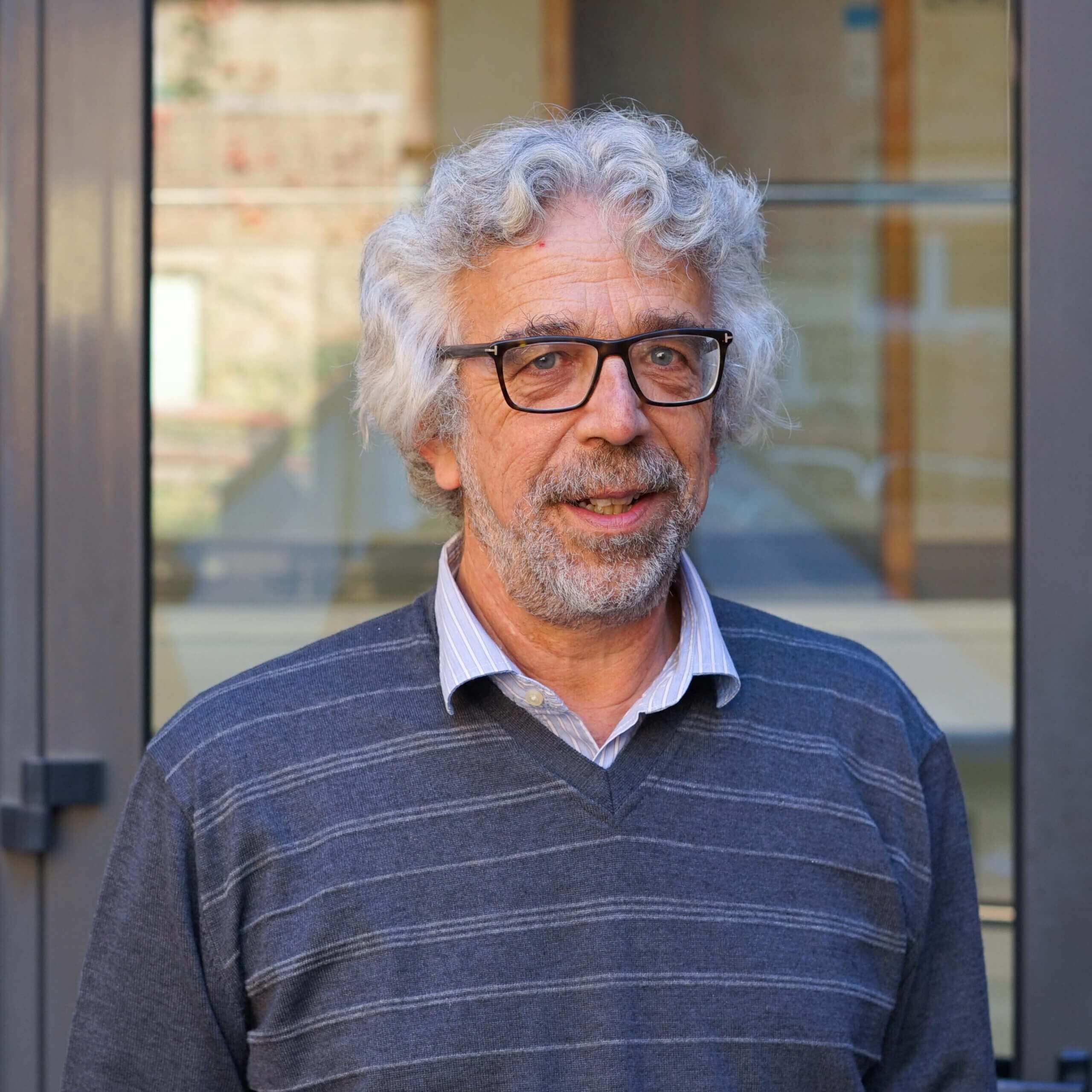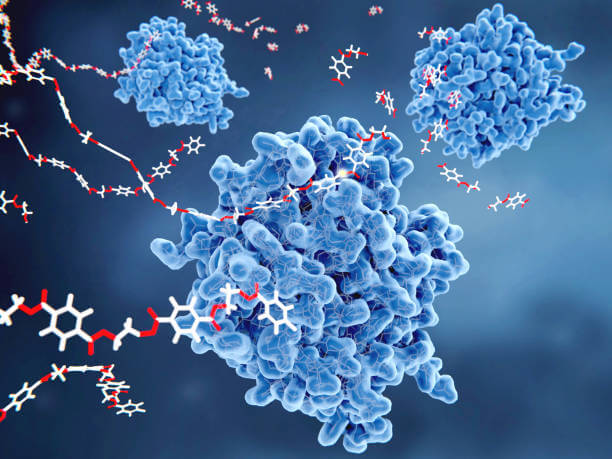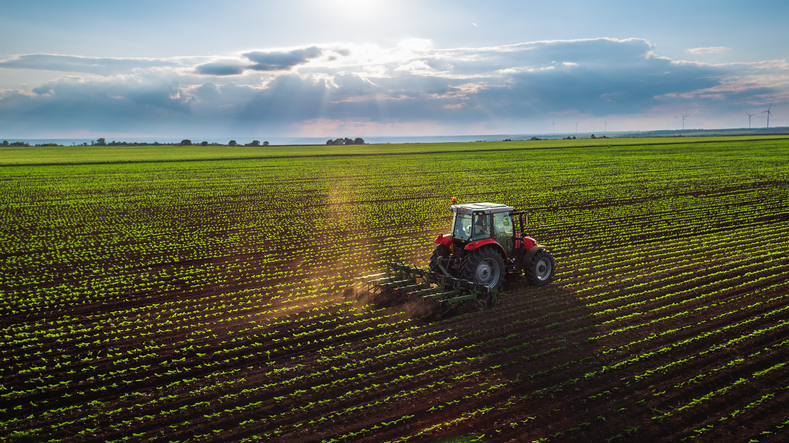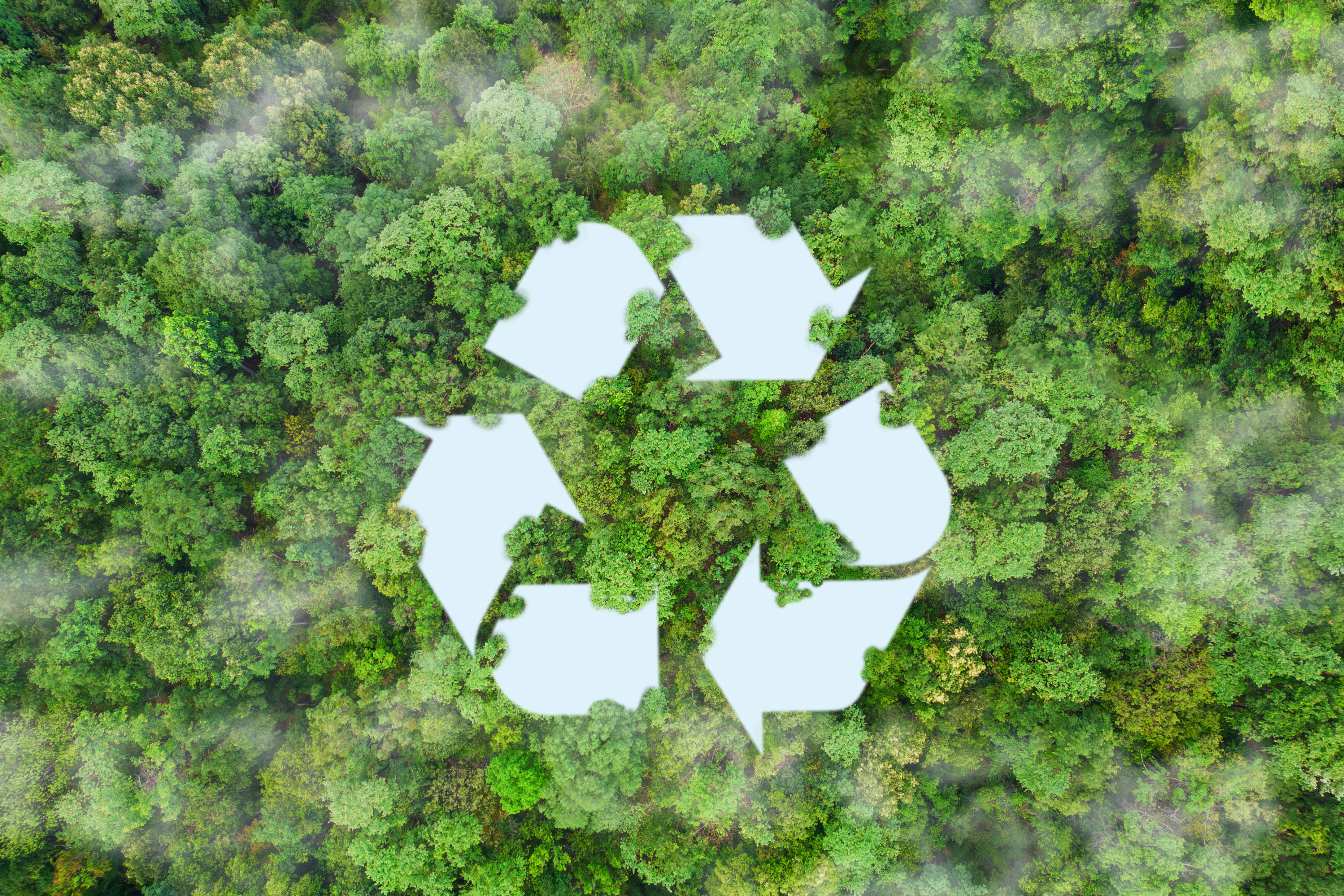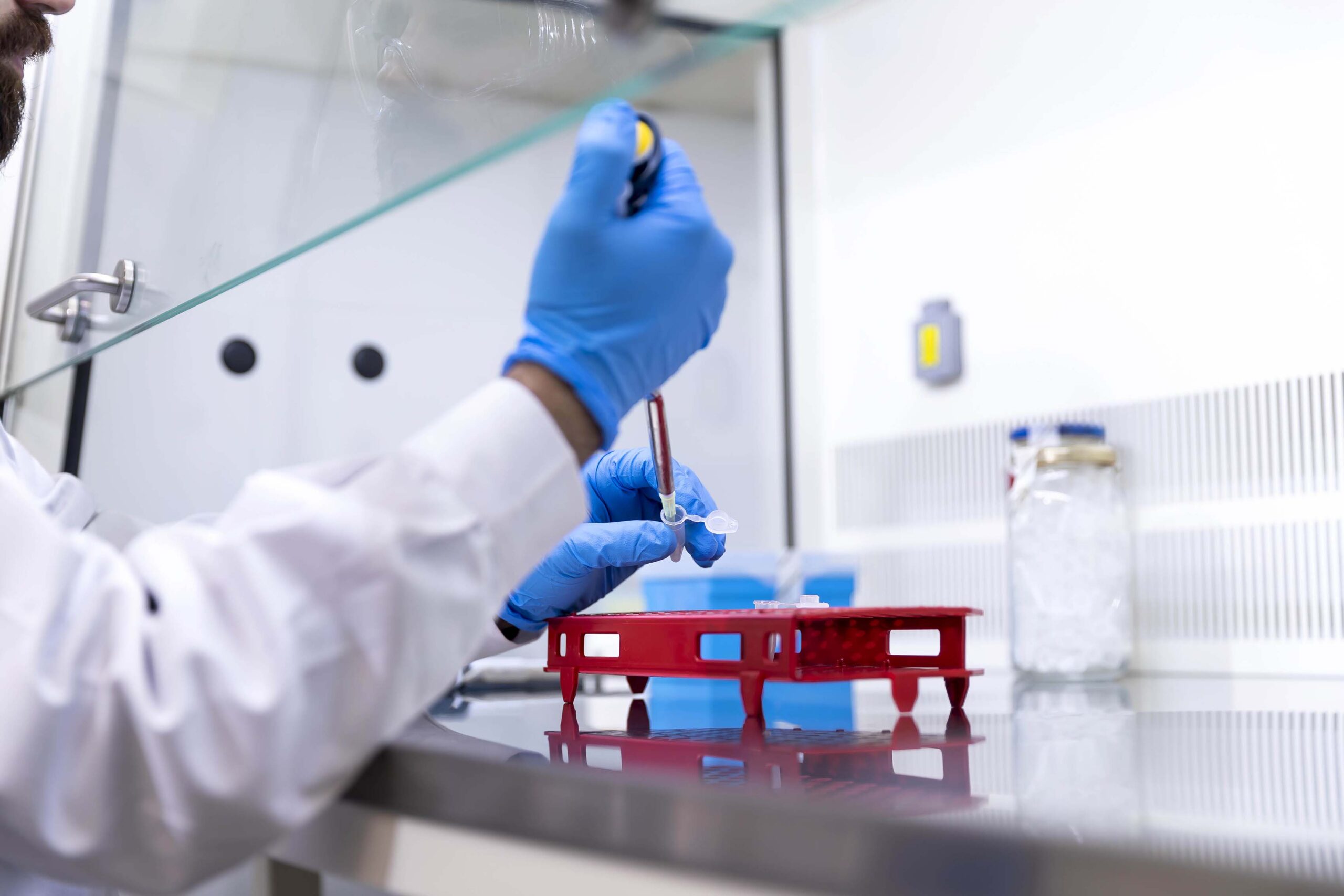According to the Food and Agriculture Organization of the United Nations (FAO), it is estimated that up to 40% of crops around the world are lost every year due to pests and diseases. Plant protection products (PPPs) are widely used to protect crops from disease-causing pests and pathogens that cause diseases. The widespread use of PPPs has caused significant issues, such as the depletion of soil biodiversity and bioaccumulation in non-target organisms, water, and soil. The environmental damage caused by these PPPs, essential for protecting plants, is serious enough that they have been included in the list of Substances of Very High Concern (SVHC) by the European Chemicals Agency (ECHA), and the European Commission has identified them as “candidates for substitution.”
Some of these products have already been withdrawn from the market, leaving farmers and ranchers in a complicated situation with no viable alternative for controlling the pests that infest crops, thus reducing yields and threatening the viability and security of food supplies.
Within this context, the European project CROP-SAFE (Crop Protection Strategies for the Transition to Environmentally-Friendly Agriculture) has been launched with the aim of developing bioactive materials derived from residual biomass (aquatic, forestry, and agri-food) to replace toxic pesticides with sustainable active substances with low environmental and health impacts.
CROP-SAFE is a consortium that combines the experience of three universities: the University of Alicante (project coordinators) and IQS – URL in Spain along with the Consiglio Nazionale delle Ricerche in Italy; four technology centres: the Centre for Process Innovation and The James Hutton Institute in the United Kingdom, the Vlaamse Instelling Voor Technologisch Onderzoek-VITO in Belgium, and the LEITAT in Spain; three biorefineries with the capacity to process the materials: Borregaard and ALginor Biorefinery in Norway and Kaffee Bueno in Denmark; a leading developer of precision agriculture solutions,SoilEssentials, in the United Kingdom; and the cooperative COPLACA – Grupo Regional de Cooperativas Plataneras del Archipiélago Canario in Spain, which represents 3,200 farmers.
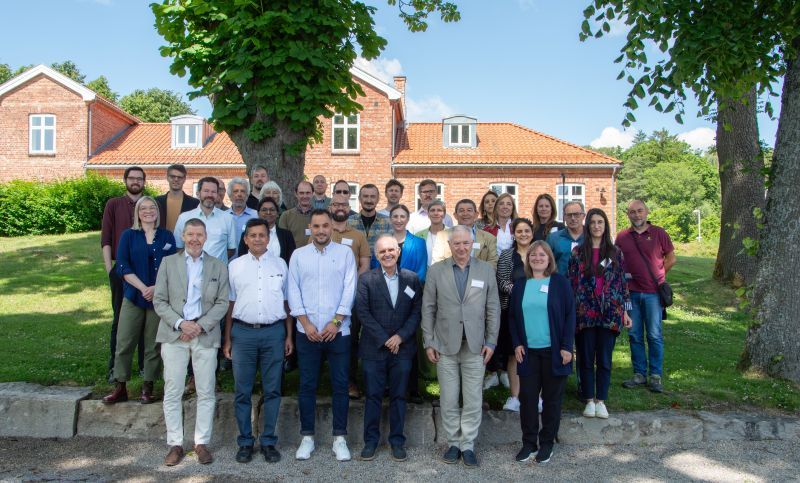
The consortium will develop a package of tools – bioactives, administration materials, formulations, and support models for decision-making – for the effective and sustainable management of three critical crops affected by the use of pesticides identified by the ECHA as candidates for withdrawal from the market: potato, tomato, and banana crops.
Contributions from IQS – bioactive chitosans
The experts in biomaterials and bioprocesses from the three universities that form part of the consortium will contribute to the project’s chemical, physical, and biochemical processes to improve the efficiency and performance of the selected materials.
Researchers from the IQS Biological and Biotechnological Chemistry Group (GQBB), led by Dr Antoni Planas Sauter and Dr Marc Carnicer Heras, will work on the study of modified chitosans as bioactives for crop protection. Specifically, the GQBB group will study the action of certain enzymes to process chitin, a very abundant structural polysaccharide found in crustaceans, insects, and the cell wall of fungi.
The objective is to produce low molecular weight chitosans through the partial and controlled deacetylation of chitin to achieve new products with a defined structure. Thus, a library of different modified chitosans will be prepared, which will be evaluated by other members of the CROP-SAFE consortium in terms of their bioactivity as antifungals and plant protectors in pest control applications.
The production of the selected molecules will subsequently be expanded on a larger scale in the IQS Bioprocess Pilot Plant to supply sufficient quantities to the partners, obtain formulations, and conduct field trials on the target crops.
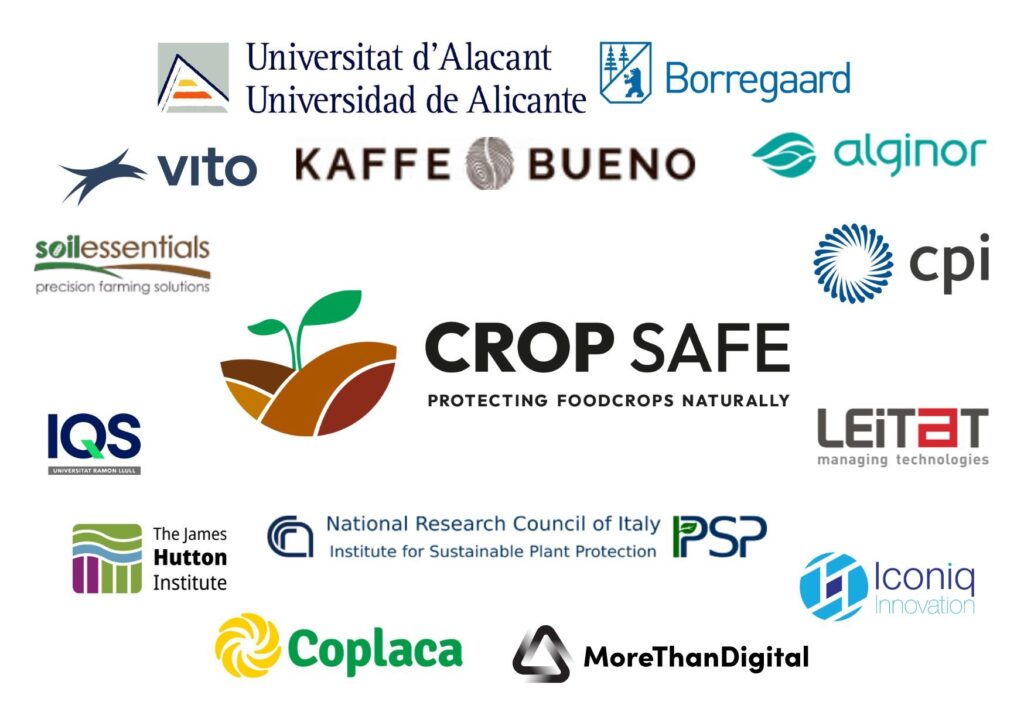
The CROP-SAFE project is being financed by the European Commission, HORIZON-JU-CBE-2024.











